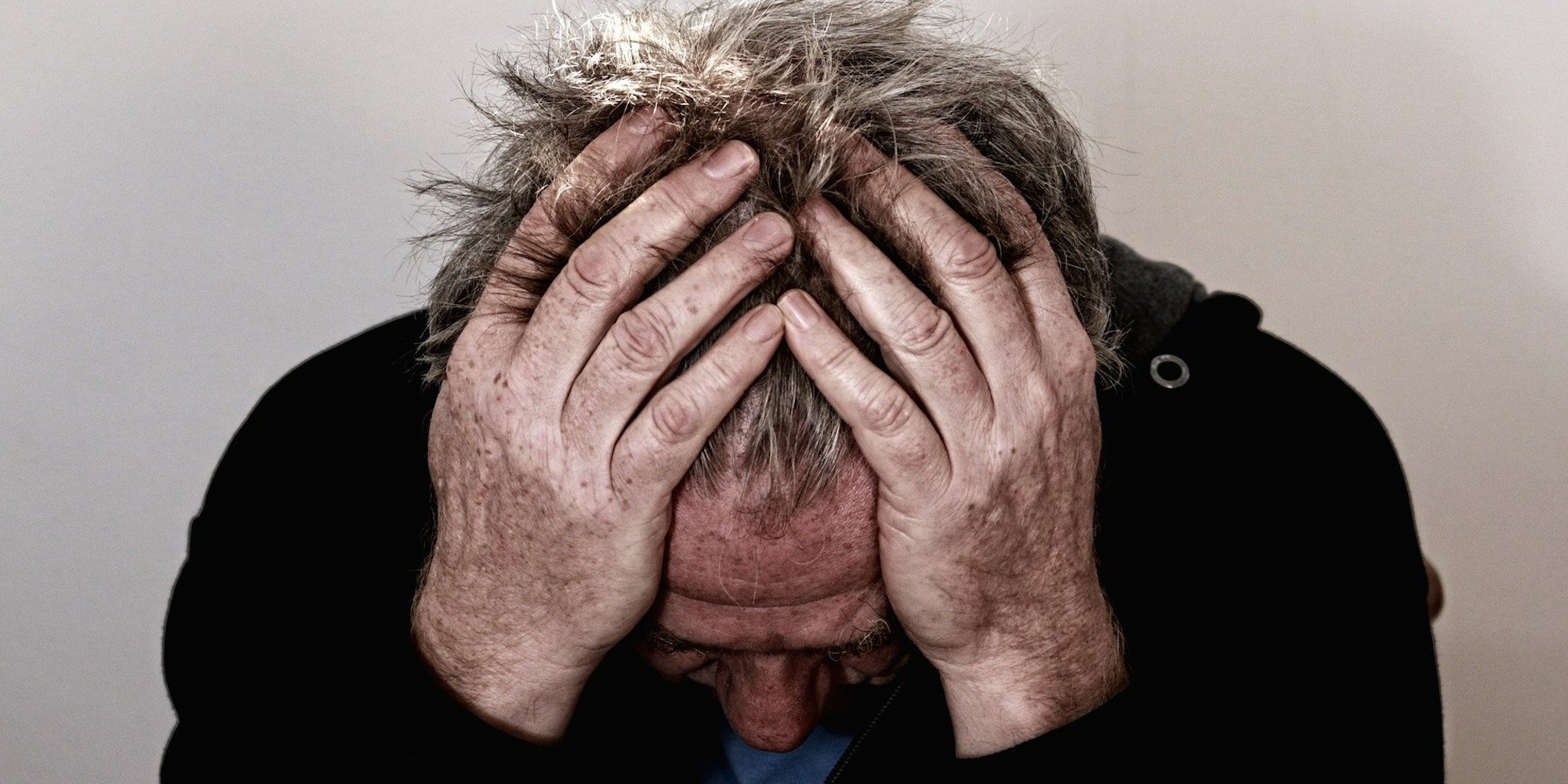According to a barometer produced by OpinionWay and presented on Tuesday, the number of employees with severe depression doubled in 2021 compared to 2020. The most affected are those under 29 but also women.
Teleworkers are those who feel the most psychological distress as well as people living in less than 40 square meters.
The rate of depression, particularly severe, among employees has exploded, one year after the start of the coronavirus health crisis and the first confinement, according to a "barometer of the psychological health of French employees in times of crisis", produced by OpinionWay and presented Tuesday.
21% of employees with severe depression
If the psychological distress of French employees remains significant and affects 45% of them (-5 points compared to December 2020) including 20% of high psychological distress (identical), "the rate of depression requiring support among employees is exploding . It goes to 36% (+15 points compared to December 2020) while the number of severe depressions has doubled in one year ", reaching 21% in March 2021, said Christophe Nguyen, head of the Franco-Quebec cabinet Empreinte Humaine, specializing in the prevention of psychosocial risks (burn-out, depression, suicides, etc.), by presenting the sixth wave of this barometer since the start of the crisis.
>>
LIVE
- Coronavirus: follow the evolution of the situation Tuesday March 23
"Psychological distress (mental health indicator used to diagnose mental disorders, Editor's note) is the antechamber of more severe mental disorders including depression, and we see that people are sinking," he added, indicating that "63% of employees" declare "seeing more and more colleagues in psychological distress".
"Distress is also expressed by hostile and aggressive behavior"
"The context invites us to be realistic on this point. Distress is also expressed by behaviors of hostility, aggression, things are not going well at all and it becomes a crisis at work", analyzes Christophe Nguyen.
"We are paying cash for the lack of prevention of mental health in the general population and in companies", he adds, comparing France to Quebec "where there was between 7 and 9% of psychological distress at the end of 2020".
An increased risk for nearly four in ten young people under the age of 29
The populations "most at risk" remain "those under 29", of which 62% are in psychological distress with an increased risk of depression for nearly four in ten.
Women are also very affected with 53% of them in psychological distress against 38% for men.
Managers, 48% of whom are in psychological distress, are more affected than non-managers (44%).
An aggravating factor for the former, 60% of them do not allow themselves to talk about their difficulties before dealing with those of their employees and 4 in 10 feel isolated as a manager, according to the barometer, carried out from March 1 to 12 from a representative sample of 2,004 employees, according to the quota method.
Telework is "on the way to becoming a psychosocial risk at work"
Where in April 2020, the most exposed were employees on short-time working, they are today the teleworkers most in psychological distress.
Those who live in less than 40 m2 are overexposed to psychological distress (75%).
Teleworking is "on the way to becoming a psychosocial risk at work" and its "weariness" is confirmed with 4 out of 10 employees who "saturate" teleworking while 50% of employees say "lack of social connection with colleagues", this which "negatively impacts the meaning they give to their work".
Psychological distress also makes "fear of human tragedies".
50% of employees say "they are afraid of the psychological state" of their colleagues at the end of the crisis, 32% fear suicides at work and 10% are afraid "that a colleague will physically attack other people", according to this barometer.

